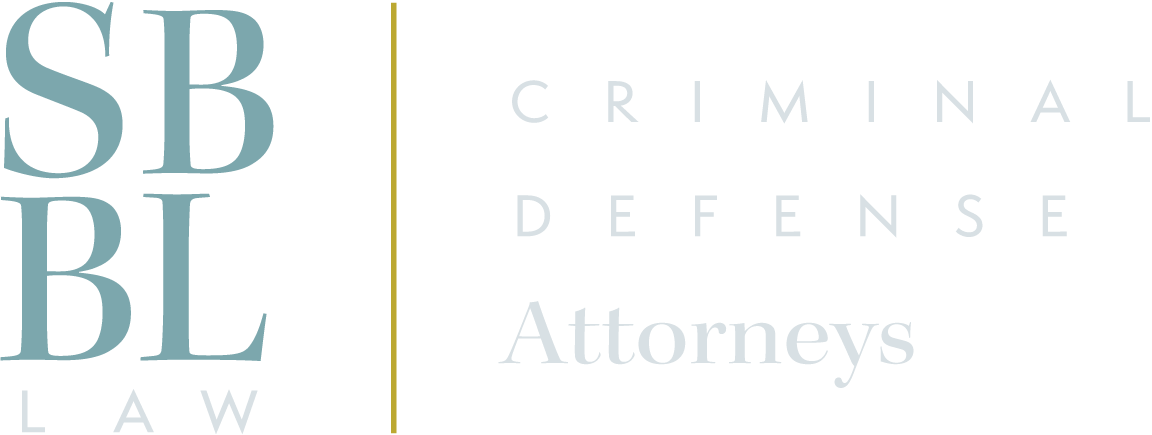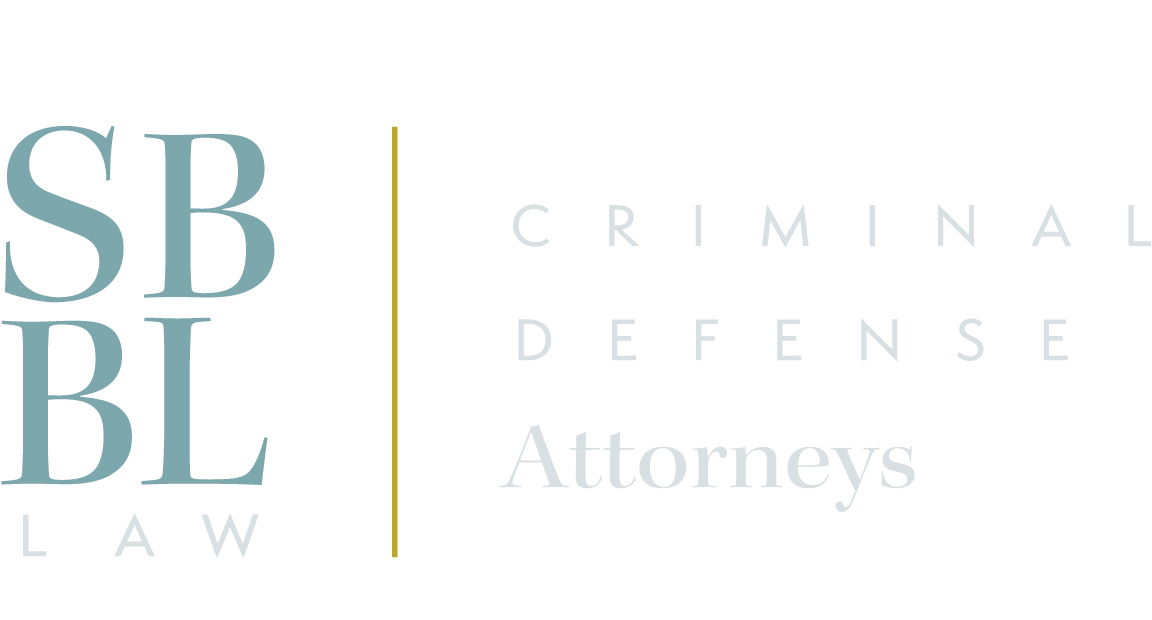WHAT WE DO
Our Expungements group handles the setting aside of a person’s previous criminal conviction in Michigan state courts. A successful expungement process allows a person to be able to tell potential employers and others truthfully that he or she has no criminal record. Under Michigan’s “Clean Slate” laws, a person can be eligible for expungement of up to three felonies and unlimited misdemeanors. Certain crimes are ineligible for expungement, including certain assault and weapons offenses, as well as felonies that carry a maximum sentence of life in prison. We help clients throughout Michigan understand the rules and wait times for expungement, submit the expungement application, and present the case to the judge at a hearing.
Our Approach
Our Expungement attorneys understand that having a criminal record can significantly interfere with job applications, college and training applications, and approval for housing. With each case, we examine whether the person is eligible, given the current mandatory waiting periods for each type of offense. We discuss the person’s chances of succeeding and help navigate the entire process from start to finish. As experienced criminal defense attorneys, we advocate for our clients in court at the hearing to set the person up for the best chance of a successful expungement in front of the judge.
Expungements
Our attorneys regularly assist clients seeking to restore their Michigan driver’s license after revocation, such as after a DUI or OWI. These hearings involve presenting a case for restoration to the Secretary of State. With a background in criminal law and investigations, our attorneys can present compelling information for qualified clients and assist eligible clients in getting back on the road. Our attorneys also help clients with the process of expunging criminal records.
T E A M L E A D E R
Criminal Defense Attorney, Partner
616-458-5500
mike@sbbllaw.com
Michael Bartish
-
Expungement is the setting aside of a person’s previous criminal conviction. A successful expungement process allows a person to tell potential employers and others honestly that the individual has not been convicted of a crime. Once a conviction is successfully expunged or set aside, it will be removed from that person’s public criminal history record. Thus, if a person or employer performs a criminal history check through the Michigan State Police website, a conviction that has been expunged or set aside will not appear on the record. However, an expungement does not entirely erase a person’s record. Prosecutors, judges, law enforcement, and certain national security agencies can still access expunged records.
-
No. There are limits and exclusions to the types of prior convictions that can be expunged. For example, the following offenses cannot be expunged:
A felony for which the maximum sentence for imprisonment is life
Certain serious child abuse crimes (like child abuse in the second degree or in the presence of another child)
Crimes involving child pornography
Certain crimes involving Criminal Sexual Conduct (Criminal Sexual Conduct 2nd Degree, Criminal Sexual Conduct 3rd Degree, Assault with Intent to Commit Criminal Sexual Conduct)
Criminal Sexual Conduct 4th Degree if the event occurred after January 12, 2015
Certain Traffic Offenses especially those that resulted in injury
Human Trafficking or Terrorism Offenses
-
It depends. The Clean Slate Act permits a person to set aside an unlimited amount of misdemeanors and up to three felony convictions with some exceptions:
A person may have no more than two assaultive crimes set aside during this lifetime. Assaultive crimes can generally be defined as a crime where the victim of the crime suffered or was in danger or fear of suffering some sort of offensive or non-consensual contact.
A person may not have more than one felony conviction for the same offense set aside under this section if the offense is punishable by more than 10 years’ imprisonment.
A person may seek to expunge more than one conviction under the so-called “one bad night” provision in MCL 780.621b. Under this section, “more than 1 felony offense or more than 1 misdemeanor offense must be treated as a single felony or misdemeanor conviction” if all of the felony or misdemeanor offenses occurred within 24 hours and arose from the same transaction, provided that none of those felony or misdemeanor offenses constitute any of the following:
An assaultive crime.
A crime involving the use or possession of a dangerous weapon.
A crime with a maximum penalty of 10 or more years’ imprisonment.
A conviction for a crime that if it had been obtained in this state would be for an assaultive crime.
Only one Operating While Intoxicated Conviction can be set aside.
-
It depends.
If the person wishes to expunge or set aside more than one felony conviction, the waiting period is 7 years.
If the person wishes to expunge or set aside more only one felony conviction or multiple serious misdemeanor convictions, the waiting period is 5 years. (A serious misdemeanor is generally any crime where a victim suffered injury or unconsented to contact or was in danger of the same)
If the person wishes to expunge or set aside an operating while impaired or intoxicated conviction, the waiting period is 5 years.
If the person wishes to expunge or set aside only regular misdemeanor convictions, the waiting period is 3 years.
If the person wishes to expunge or set aside a misdemeanor marijuana conviction, there is no waiting period, as there is “[a] rebuttable presumption that a conviction for a misdemeanor marihuana offense sought to be set aside by an applicant was based on activity that would not have been a crime if committed on or after December 6, 2018” (the effective date of marijuana legalization).
-
The waiting period begins on latest date of the following events:
Imposition of the sentence (or sentences) for the convictions that the person seeks to set aside
Completion of probation imposed for the convictions that the person seeks to set aside
Discharge from parole imposed for the convictions that the person seeks to set aside
Completion of any term of imprisonment imposed for the convictions that the person seeks to set aside
-
Yes. During the waiting period, a person must not have picked up any additional convictions or be facing pending charges. If that does occur, then the waiting period starts all over again.
-
Yes. As of April 2023, certain offense may be automatically expunged if the following criteria are met:
The offense is a misdemeanor conviction for an offense for which the maximum punishment is imprisonment for not more than 92 days and seven years have passed from the imposition of the sentence
The offense is a felony conviction that is eligible and 10 years have passed from the later of (1) imposition of the sentence for the conviction or (2) completion of any term of imprisonment with the Department of Corrections for the conviction.
-
No. Automatic expungements apply to a narrower class of crimes, both in terms of the number that may be expunged and the types of offenses:
A total of two felonies and four misdemeanors may automatically expunged. (Up to three felonies and an unlimited number of misdemeanors may be expunged by application)
A person is not eligible for automatic expungement if they have more than one assaultive crime or attempt to commit an assaultive crime on their record.
Certain convictions cannot be automatically expunged. These include:
Assaultive crimes
Serious Misdemeanors
Crimes of dishonesty
Offenses punishable by more than 10 years
Crimes that involve a minor, death, or serious injury as an element
-
The application to set aside a conviction must be filed in the court where the conviction occurred. If there are multiple convictions arising out of multiple courts, then a separate application must be filed in each court of conviction.
-
We have found that every judge handles the expungement process differently. For some judges, the process is almost a rubber stamp as long as the requirements are met. Other judges want to hear from the applicant about what they have done to change their life since their past transgressions. So, you should be prepared to explain to the judge what you learned from your experiences, how you have changed since the offense, why you deserve to have your record cleared, and what are you doing to ensure that you do not make the same mistakes or poor decisions in the future.
-
Staying out of trouble is the most important thing. The judge wants to see that you have changed, or that the offense to be expunged was out of character for you. It can help to show a strong work history, community involvement, family involvement, a positive attitude, and any counseling or substance abuse treatment that might be relevant.
Frequently Asked Questions
Contact Our Team
The attorneys at SBBL Law are experienced, knowledgeable, and dedicated to handling expungement cases. Call us for a free evaluation and consultation.










